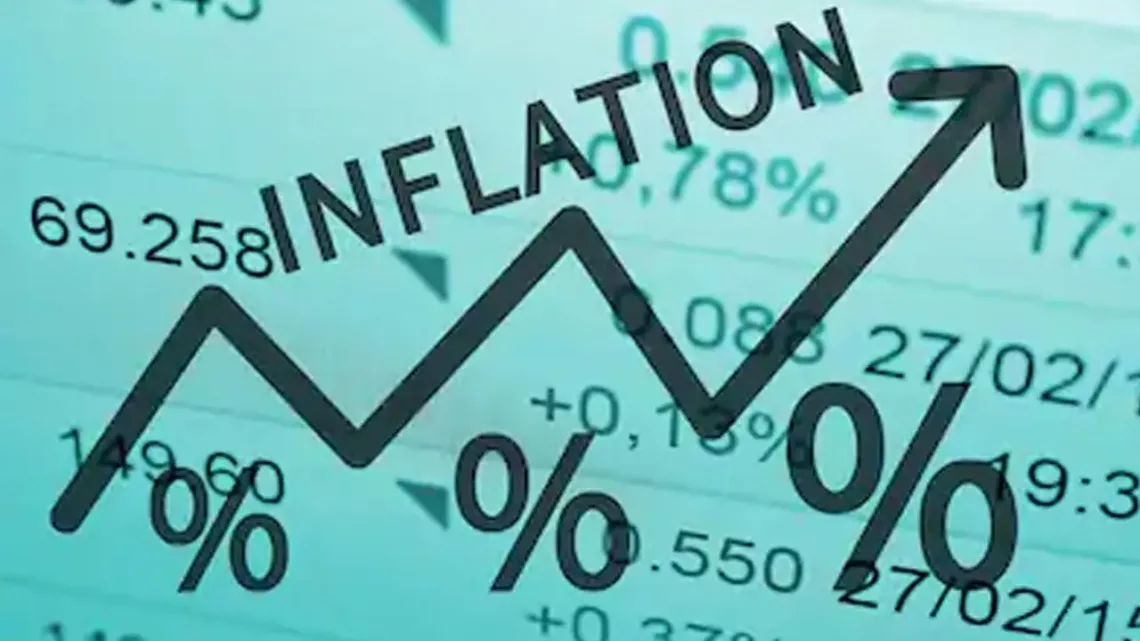The Monetary Policy Committee of the Central Bank of Nigeria (CBN) at its last meeting last week maintained its hawkish stance with the Monetary Policy Rate (MPR) which is the benchmark interest rate further increased to 24.75 per cent.
The 200 basis points increase in benchmark interest rate took the MPR to the highest level it has ever reached in the country. At the end of the meeting, the MPC decided to raise the MPR by 200 basis points to 24.75 per cent from 22.75 per cent.
It also adjusted the asymmetric corridor around the MPR to +100/-300 basis points and the Cash Reserve Ratio (CRR) of Merchant Banks from 10 per cent to 14 per cent whist retaining the CRR for deposit money banks at 45 per cent and the Liquidity Ratio at 30 per cent.
In coming to this conclusion, the committee had focused on the current inflationary pressures and the need to anchor inflation expectations as well as ensure sustained exchange rate stability. These considerations underscore the importance of the CBN’s commitment to the price stability mandate and the need to urgently bring inflation under control to ensure that purchasing power of ordinary Nigerians is restored in the short to medium term.
Inflation rate in the country has continued to rise in the country, reaching a record of 31.7 per cent in February 2024. The MPC members at the meeting noted the continued rise in headline inflation, driven largely by food prices because of supply shortages and high cost of logistics and distribution.
Thus, it was of the view that addressing food insecurity is key to containing current inflationary pressures. Speaking at the end of the MPC meeting, the governor of the CBN, Dr Olayemi Cardoso, noted that the apex bank is currently focused on its core mandate.
“And that core mandate is to fight inflation and to ensure price stability. So, there is no ambiguity in that and there is no compromise on that. We are very concerned that the purchasing power of the average Nigerian should be restored to the levels that they know it to be.
“Going forward, we expect that if the environment is such that requires us to tighten, we will tighten. Our projections, however, indicate that things will begin to moderate from about May onwards and the projection, as you may know, is that by the end of the year, we are expecting the inflationary rates to have come down significantly.
“We believe that we are on the right course and of course, one particular area as a result of the actions we have taken is the moderation in the foreign exchange rates which you have seen. Now, don’t take the foreign exchange in isolation because it does have a major pass-through to inflation to the extent that we have seen this happen, and we expect it will continue to moderate.
“We are confident that these tools and measures that the central bank is using will ensure that the inflationary spiral will gradually be brought under stricter control. From the MPC standpoint, the MPC does make decisions based on economic data and of course, market conditions. So, as the next MPC which you know, which have announced will be in May, they will obviously look at the existing variables and make a decision accordingly.”
Commenting on the decision of the MPC, managing director and chief executive of Arthur Steven Asset Management Limited, Mr Olatunde Amolegbe, noted that he had expected the committee to continue with its hawkish stsance.
According to him, the MPC is reading effectiveness to the its massive rate movement of last month given that the naira had begin to strengthen and this is expected to slow the rate of growth in inflation rate in subsequent months.
“I suspect that is why they kept applying the same measures this month albeit at a relatively less hawkish level. The rate increase will of course continue to attract foreign portfolio investors (FPIs) at a high rate as we have seen in recent weeks which will continue to boost supply to the forex market and ensure price stability.
“It is also possible that local investors move towards fixed income instruments rather than speculating in the forex market which could reduce inordinate demand and strengthen the naira further.”





